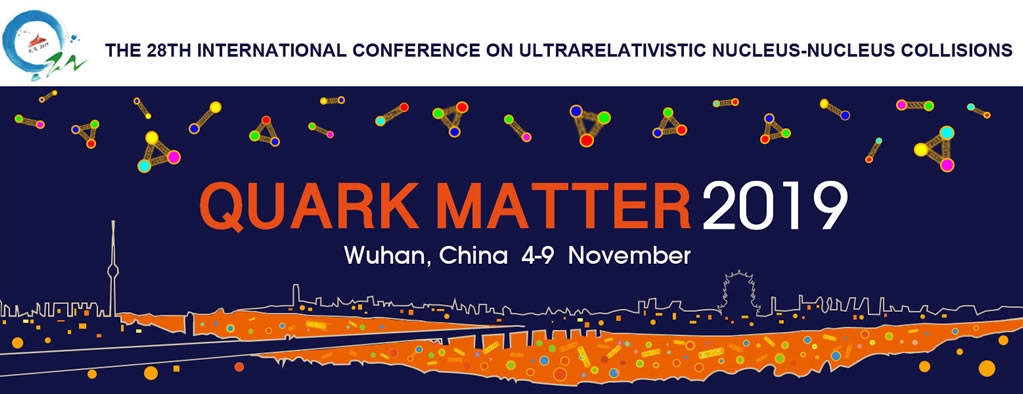Speaker
Description
One of the primary goals of flow studies in heavy-ion collisions during recent years is a better understanding of the transport properties of the quark-gluon plasma (QGP), such as the temperature dependence of the shear viscosity to entropy density ratio, $\eta/s(T)$. The higher order harmonic flow observables ($n > 3$) and their non-linear response to the initial state anisotropy has the strong potential to constrain $\eta/s(T)$ because of different sensitivities to various stages of heavy-ion collisions.
In this talk, we present the measurements of the flow harmonic power spectra, the symmetry-plane correlations and the non-linear coefficients up to the eighth harmonic order in Pb--Pb collisions at $\sqrt{s_{NN}}$=5.02 TeV for unidentified charged hadrons. In addition, we present the results of $p_T$-differential non-linear flow modes for charged pions, kaons, (anti-)protons, lambdas, K0s and phi.
We discuss differences and similarities in the number of constituent quark scaling for identified particles for the total flow harmonics and their non-linear modes that could have implications in particle production models based on coalescence. The results are compared to the lower energy measurements at 2.76 TeV and with calculations from state-of-the-art hydrodynamic models.
